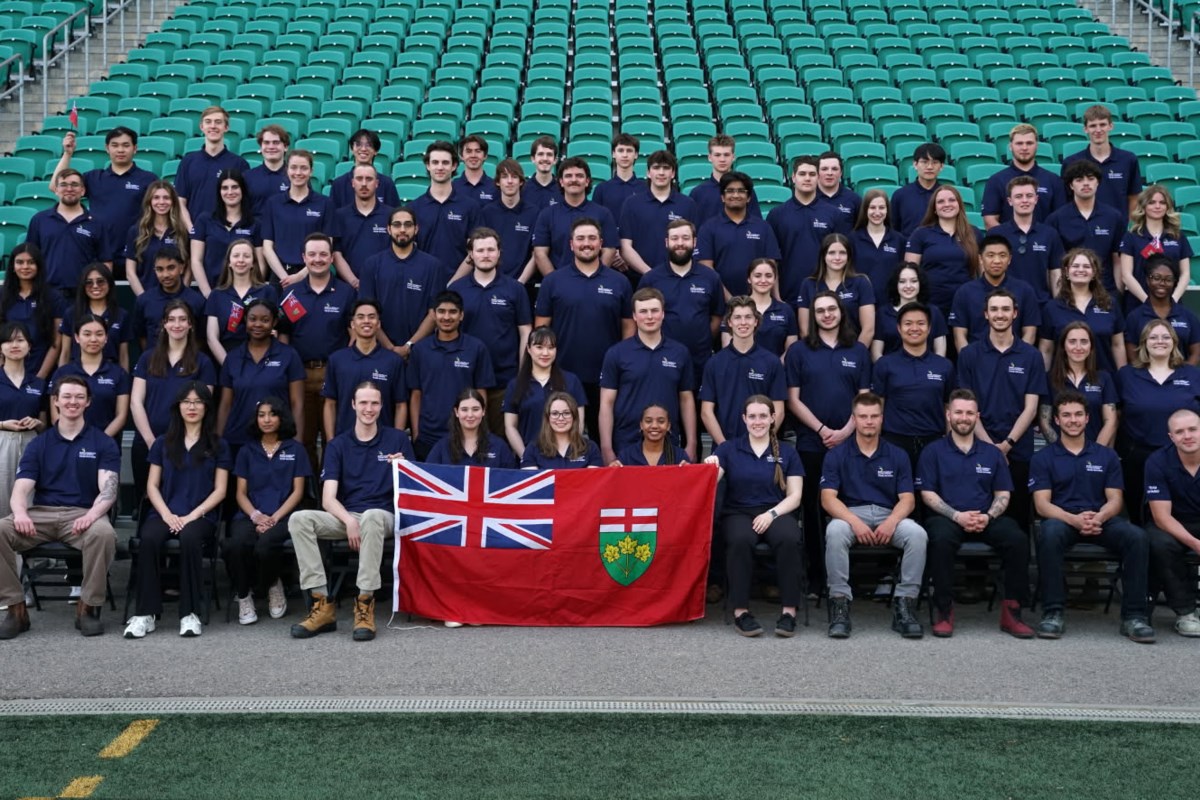Canada Capitalises on U.S. Tech Layoffs, Attracts H-1B Visa Holders

In the wake of recent layoffs in the U.S. tech industry, affecting thousands of H-1B visa holders, Canada has seen an opportunity to fortify its flourishing tech sector. The Canadian government has rolled out a pilot program, offering up to 10,000 U.S. H-1B visa holders the chance to apply for a three-year open work permit. Not surprisingly, the program was filled to capacity within a day.
Canada’s Attraction for Tech Professionals
Canada is rapidly emerging as a go-to destination for tech expatriates. With cities like Toronto, Vancouver, and Montreal leading the way, the country is becoming an enticing option for skilled professionals seeking new opportunities. Ottawa, the nation’s capital, is also carving out a reputation as a tech hub, playing host to Canada’s largest tech park, Kanata North Technology Park. Housing over 540 companies and 23,000 employees, this tech park alone contributed $13 billion to Canada’s GDP in 2018.
With other countries tightening immigration policies, Canada’s proactive stance in welcoming skilled foreign workers is paying off. The country’s tech market has seen a growth of 15.7% since 2020, surpassing the U.S. growth of 11.4%. This growth has been partly driven by U.S. tech majors like Microsoft, Amazon, Facebook, and Boeing setting up offices in Canada, particularly in Vancouver.
Canada’s Tech Talent Strategy
The Canadian government has launched a suite of initiatives under its Tech Talent Strategy to attract top talent from around the globe. These include extending the start-up visa program to three years and providing open work visas. A notable part of this strategy was the pilot program launched on July 16, targeting U.S. H-1B visa holders affected by the layoffs in the U.S. tech industry. The program offered these workers an opportunity to apply for a three-year open work permit. Within a day, the program reached full capacity, and by October, more than 6,000 work permits had been issued.
Furthermore, the Canadian government plans to welcome 32,000 new permanent residents through a new pathway for temporary residents in 2023. It’s clear that Canada is not only providing a lifeline for U.S. H-1B visa holders but also striving to become a competitive destination for international talent in the tech industry.
Looking Towards the Future
Canada’s future immigration plans are ambitious. The government is targeting an intake of 485,000 permanent residents in 2024. These plans include integrating Artificial Intelligence (AI) in immigration processes and launching new multi-year Provincial Nominee Programs (PNPs). The goal is clear: to outcompete other countries for talent and cement Canada’s place as a leading destination for tech professionals.



